Psychology > Presentation > Post-structuralism and Identity POLS 214 International Relations TheoryToday (All)
Post-structuralism and Identity POLS 214 International Relations TheoryToday
Document Content and Description Below
1. What is identity? 2. What is post-structuralism (PS)? 3. PS and identity in IR 4. Classic case of identity — exercise 5. Identity and security in PS 6. PS and (classical) realism: overlaps ... 7. Book review tips 8. Summary and seminar exercise 2What is identity? • Thing? • Practice? • Performance? • State of being? • Discourse/narrative? • Exogenous or endogenous? • Static or changing? 3What is identity? • Categories of belonging • Relational • Binary • Establishing, maintaining, negotiating boundaries and borders 4Identity as multifaceted • Multiple levels: Local, regional, national… • Multiple layers: Race, gender, class, nation… • Shifting meanings: Interests, circumstances • Shifting importance: Over time and space 5What is identity? Different approaches Objective? • Primordialist approach to identity formation Subjective? • Constructivist approach to identity formation 6Different approaches in IR • Silence over role of identity (neo-realism) VS • Mutual constitution of identities and interests (Wendtian social constructivism) 7Problem with constructivist approach(es)? • Change? • Multiple identities? • If not given, then why are ‘friends’ treated as given? - post-structuralist critique- what is poststructuralism? 8What is poststructuralism? • Philosophical movement in the 1960s–70s • Filtered into IR in late 1980s and early 1990s • Conceptual basis for much of post-positivist turn in social sciences (and IR) – Postcolonialism (and postdevelopment) – Feminism – Queer theory 9Poststructuralism • Understanding the world requires language • Closely linked to postmodernism – Often used interchangeably! – Questioning of ideals of truth, justice, ethics – Rooted in profound sense of tragedy – Assault on enlightenment / modernity 10‘ ‘’Virtue,’’ ‘‘duty,’’ ‘‘good for its own sake’’, goodness grounded upon impersonality or a notion of universal validity – these are all chimeras, and in them one finds only an expression of decay … What destroys a man [sic] more quickly than to work, think and feel without inner necessity, without any deep personal desire, without pleasure – as a mere automaton of duty? That is the recipe for décadence, and no less for idiocy ... Kant became an idiot’ Nietzsche in The Anti-Christ Nietzsche’s assault on Kant and the Enlightenment project 11Knowledge and practice in an incomplete world ‘there is no ‘being’ behind doing, acting, becoming. ‘The doer’ is merely a fictitious addition to the doing; the ‘doing’ is all’ Nietzsche in Genealogy of Morals ‘‘The ‘‘apparent’’ world is the only world: the ‘‘true world’’ is just a lie added to it’ Nietzsche in Twilight of the Idols 121) Only interpretations, no Truth: doctrine of perspectivism and ontological pluralism 2) The ‘being’ asserts itself through ‘doing’ and this constitutes an act of power - Influence on the French post-structuralists … Consequences 13Power/knowledge • Michel Foucault (1926–1984) • Power and knowledge • Power/resistance 14Openness, incompleteness and formation of binaries • Jacques Derrida (1930–2004) • Language always open, incomplete: fixates what cannot be fixed • Forms binaries that fix meaning: Self/other, presence/absence • One privileged but depends on ‘opposite’ 15Beyond the French poststructuralists • Judith Butler (1956 – ) • Identities are performative – Not something you are but something you do – “stylised repetition of acts” – Disciplined and constrained by regulatory discourses 16How is this all linked to identity in IR? • The three problems raised earlier: - change - multiple identities - ‘givenness’ • Three themes: - Language / discourse - Incomplete - Binaries: inside / outside, us / them 17Classic case for identity 18Clash of Civilisations • Samuel P. Huntington’s (1992) thesis: 1. Western 2. Latin American 3. Orthodox 4. Islamic 5. African 6. Eastern 1920Clash of Civilisations Many critiques (e.g. (neo)-realist critique) How would a post-structuralist critique look like here? 21Identity and Security in PS ‘the identity of any particular state [is] ‘’tenuously constituted in time … through a stylised repetition of acts’’ ’ ‘The constant articulation of danger through foreign policy is … not a threat to a state’s identity or existence: it is its condition of possibility’ E.g. by speaking about ‘national security’ US policy makers continuously reinforce what identity the US holds. NS entails a depoliticising process in a world full of possibilities of re-articulation 22Identity and security in PS ‘’ discourses of danger and safety seemingly collapse all that ‘we’ are into the naming of who we are and thereby inflict violence on being with ourselves and with others’ (Stern) The formula: just like complete containment of identity is not possible (i.e. identity is fluid, exclusionary etc.), complete security of this identity is not possible (i.e. also exclusionary). Both commit violence through imposing rigid boundaries (e.g. contra those not included). With security, therefore, always comes insecurity 23Post-structuralism and (Morgenthau’s) classical realism: key overlaps • Both rooted post-Nietzschean perspectivism: e.g. Frei on Nietzsche’s influence on Morgenthau • (Re)turn of the political: ‘Morgenthau institutes an understanding of the political as fidelity to antagonism, expressed in the form of a tension between man’s inability to ground his own being in a post-Nietzschean world and the need to incessantly engage with meaning construction in a world that defies absolute grounding’ (Paipais 2014) ‘Nations meet under an empty sky from which the Gods have departed’ Morgenthau, in Politics Among Nations 25Post-structuralism and (Morgenthau’s) classical realism: key overlaps • Critique of modernity /depoliticisation • ‘Morgenthau issued a warning against the swallowing up of the political either in the form of a post-political, non-antagonistic liberalism with illusions of a harmonistic social and political order or in the guise of an ultrapolitical adoration of pure power politics most vividly witnessed in fascism’ (Paipais 2014) • ‘The focus of the theory … was its repudiation of a liberalism masquerading as value-free social science and rooted in the tradition of Enlightenment rationalism’ (Guilhot 2011)Post-structuralism and (Morgenthau’s) classical realism: key overlaps • Distinction between ‘politics’ and the ‘political’ • Morgenthau became trapped twice: he was embraced by an IR mainstream which positioned itself in a manipulated narrative of ‘’realism’’ … and he was largely chosen as a/the wrong ‘enemy’ by post-structuralist theorists’ (Roesch and Behr 2012)What makes a good book review?Book review tips • 1) have a clear argument that runs through the piece like a thread; 2) summarise /address core/overall argument of the book and not every single sentence or claim (only core premises/examples upon which the overall argument is built); 3) keep summary concise and leave about 70% of paper for the critical analysis. Direct quotes are useful here to summarise the core argument / premises, followed by brief explanatory notes; 4) cite a good range of literature in IR that the book and its concepts engage with. These in turn will be used to critically engage with the book, its contribution to these debates, critiques etc. - These summarise the criteria for our marking (structure, analysis and research/referencing) for this assessment and the next. 29Seminar 2: article analysis • Stern article: identify argument, evaluate the key premises upon which it is based, situate in broader debate within IR (e.g. on key concepts used) and finally form an overall argument yourself and defend it. • Skills: review / research — intended as example of review for the first assessment and research skills that are useful for essay writing, and later on in academic career and research / writing generally 30Summary and lessons • PS on identity: performed through discourse and actions; power is involved & creates binaries • Focus on application: CoC but also to USFP / Security • Clean division between PS and classical realism is problematic • Book review tips 31 [Show More]
Last updated: 1 year ago
Preview 1 out of 31 pages
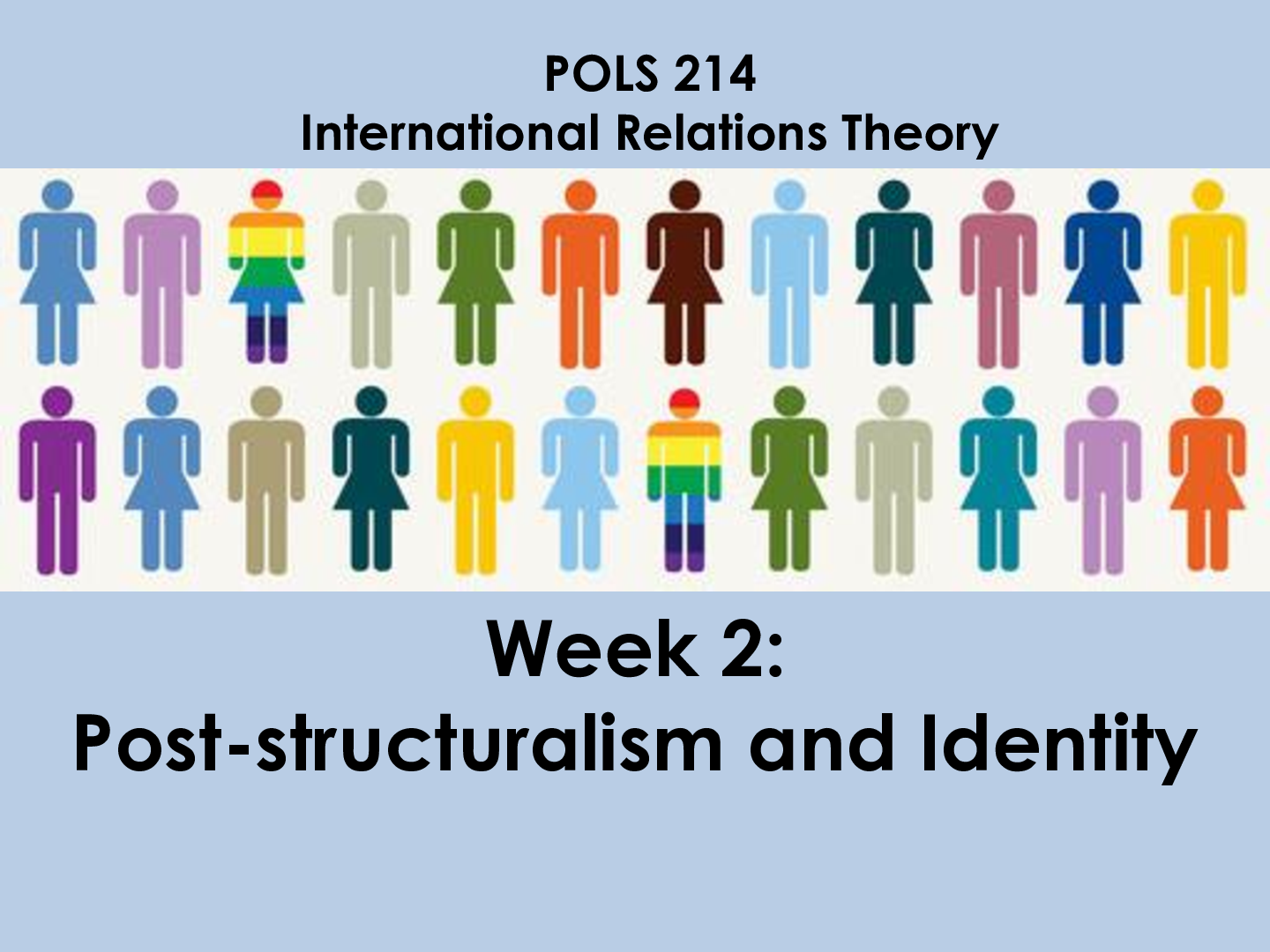
Reviews( 0 )
Document information
Connected school, study & course
About the document
Uploaded On
May 23, 2020
Number of pages
31
Written in
Additional information
This document has been written for:
Uploaded
May 23, 2020
Downloads
0
Views
81

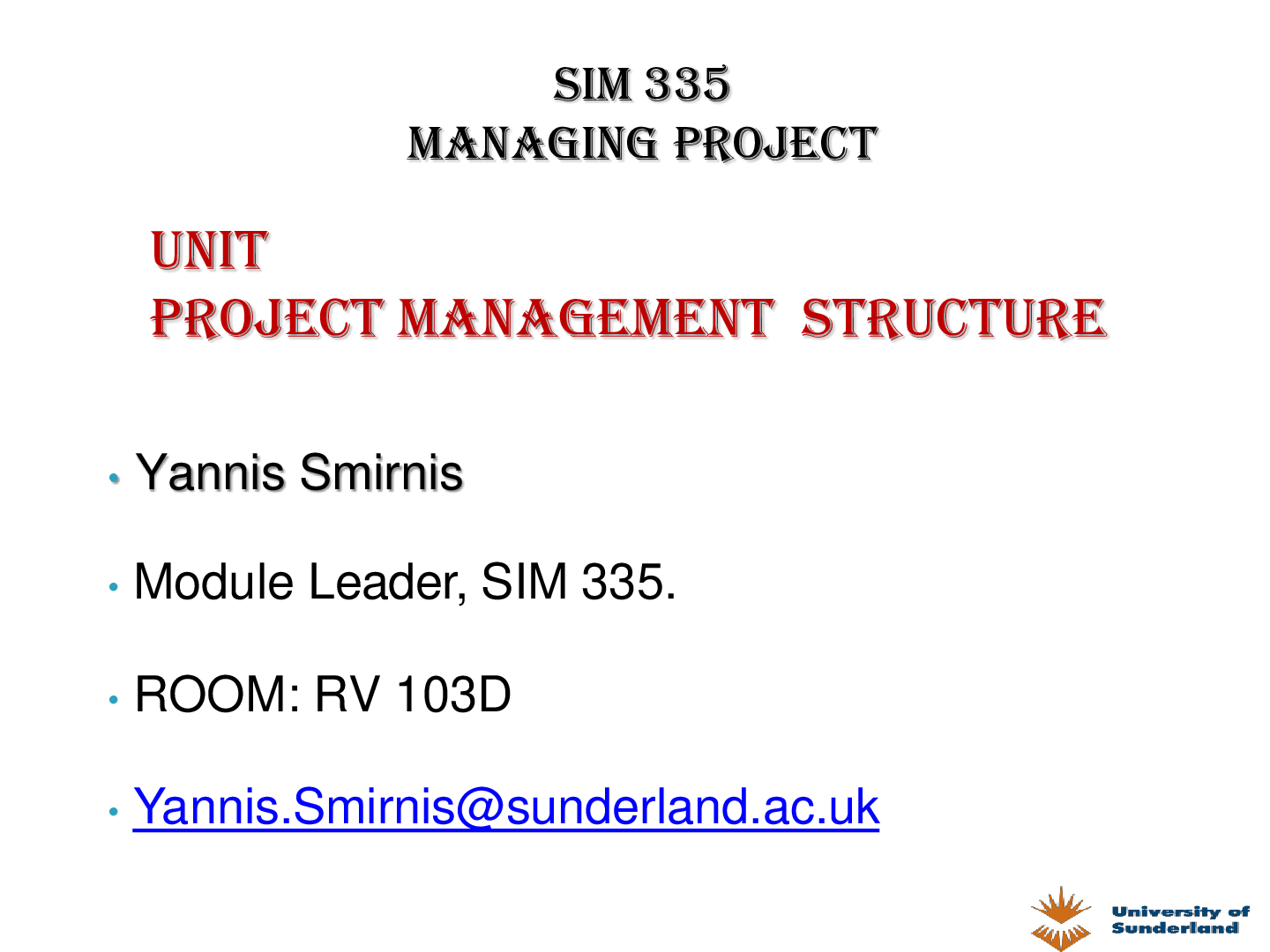


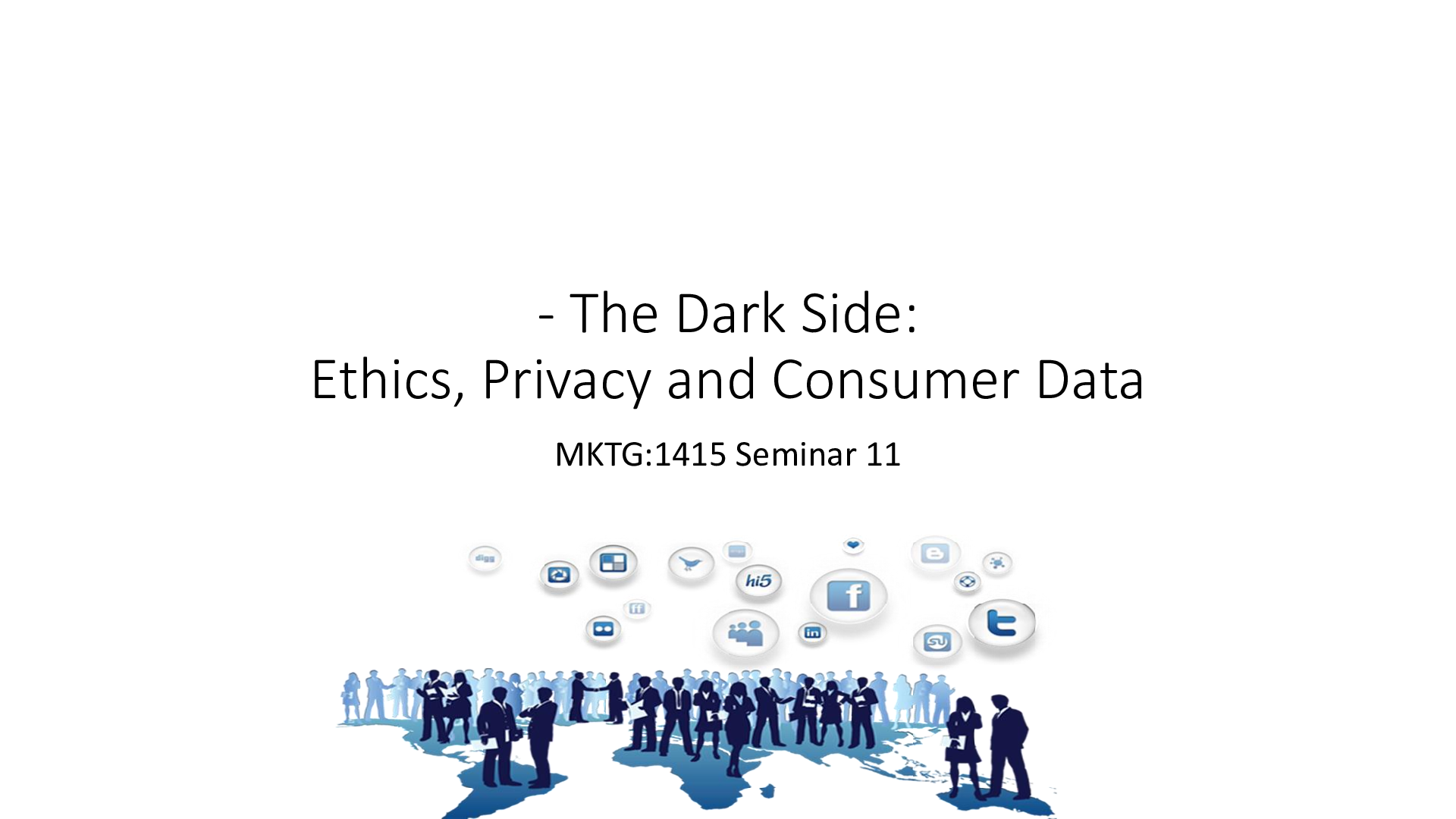
.png)




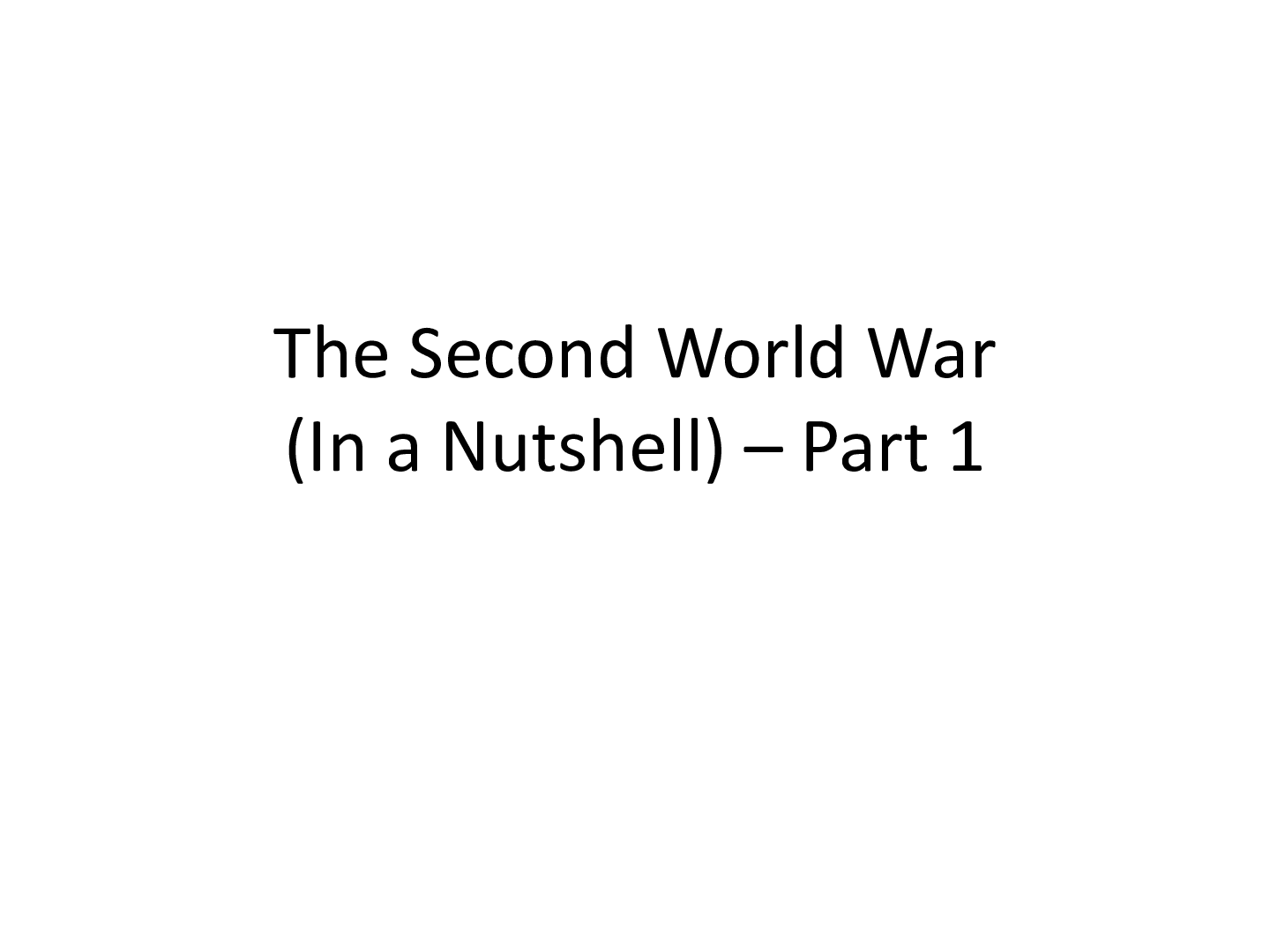


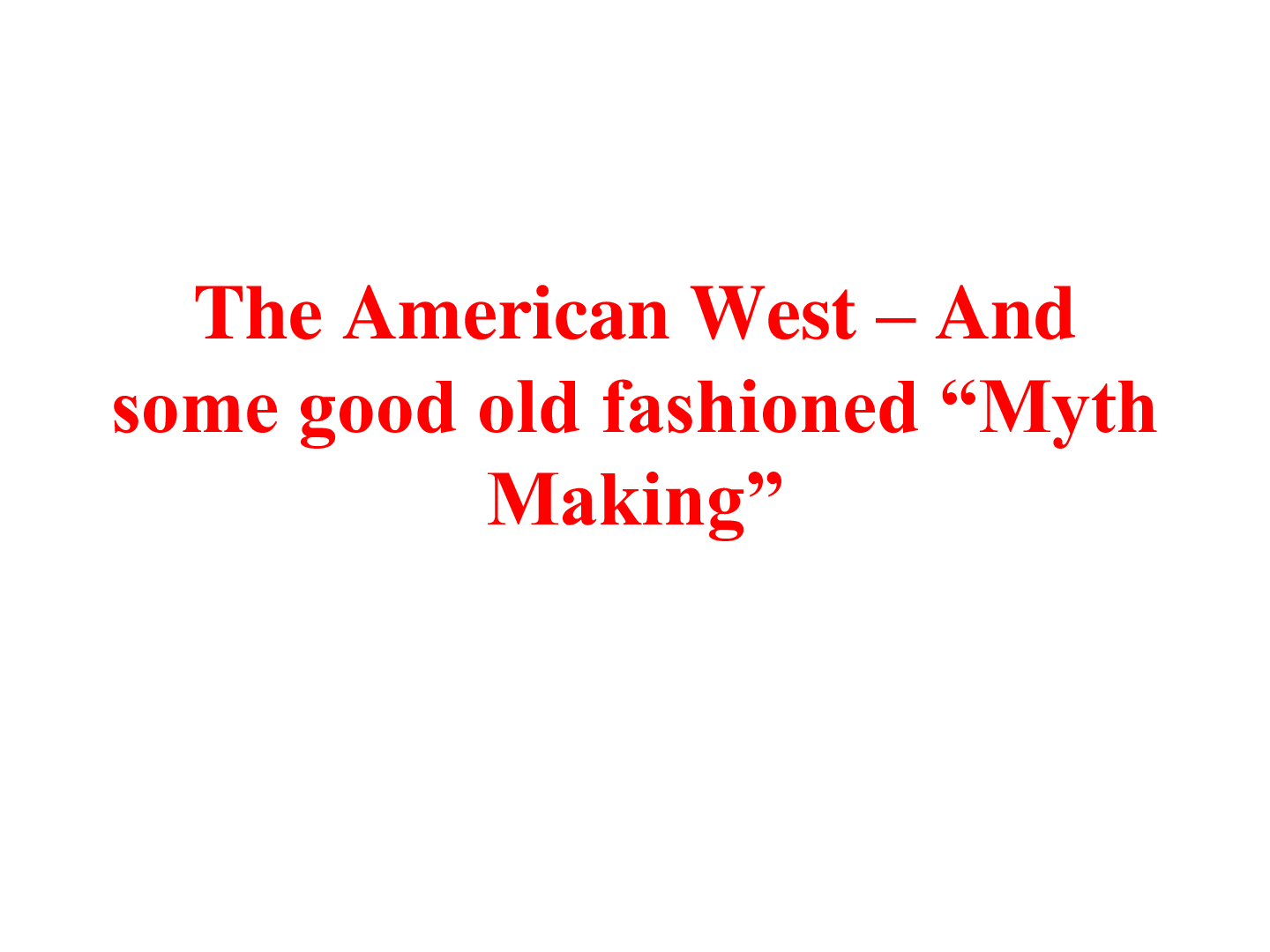

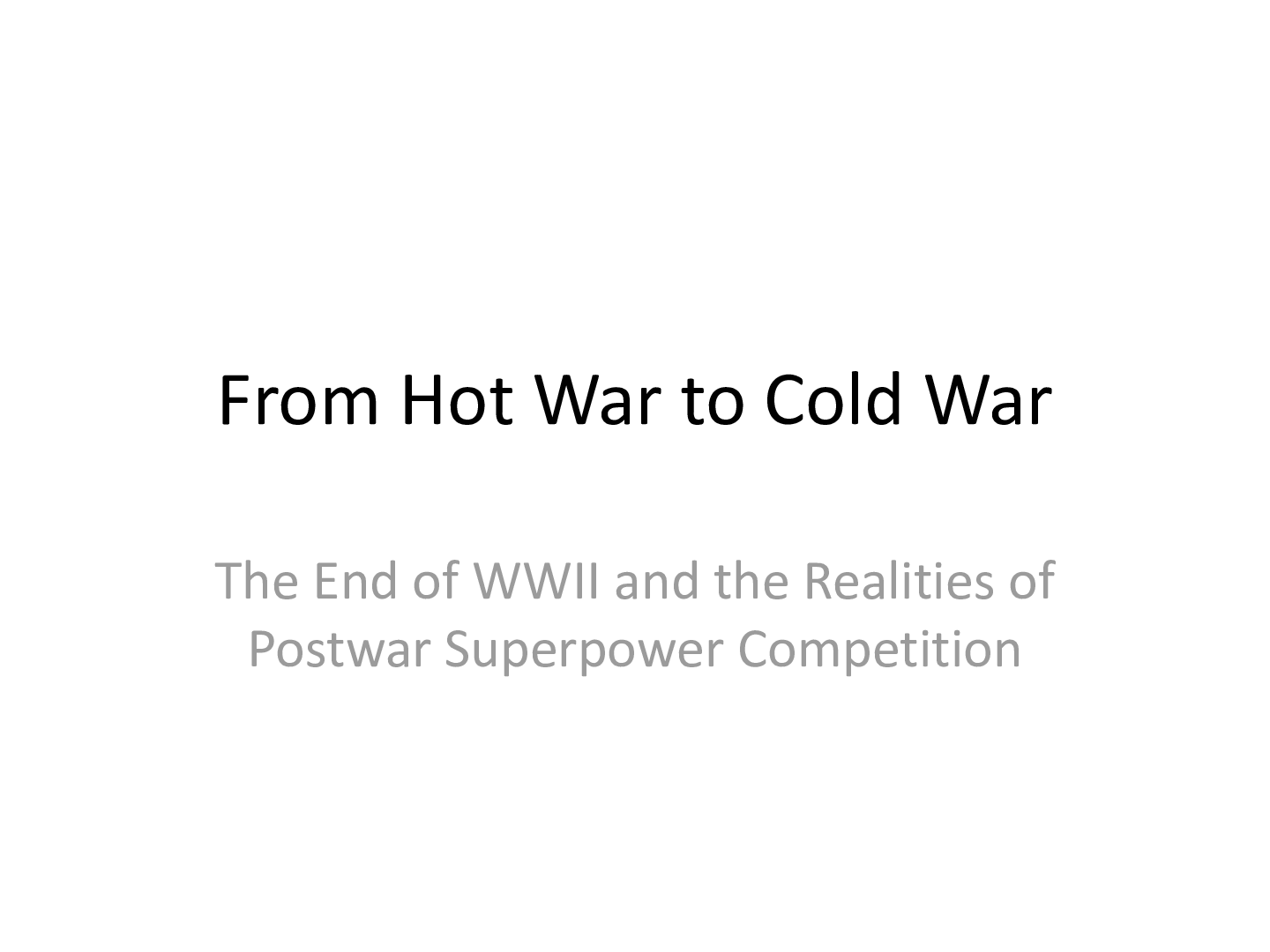

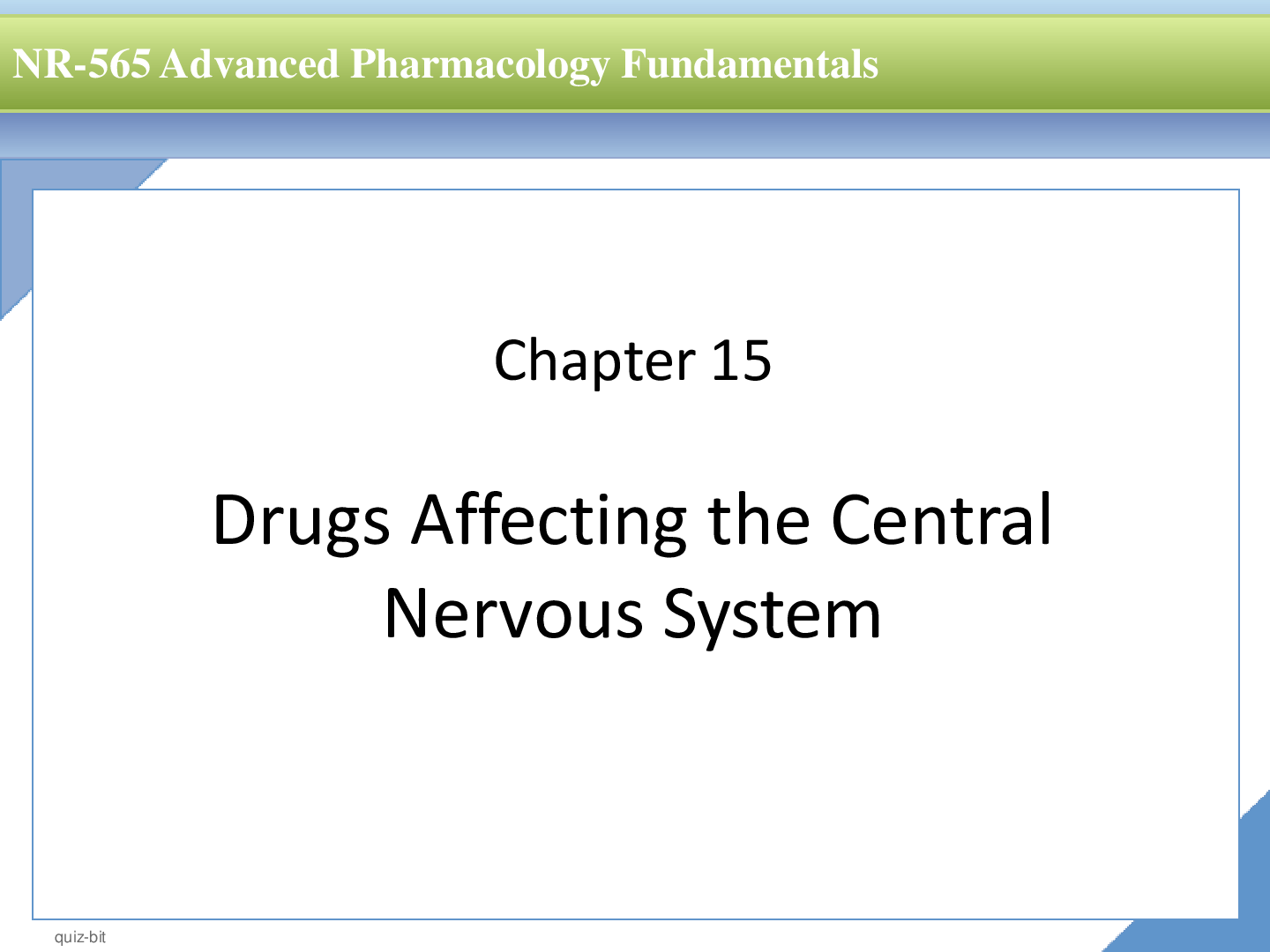
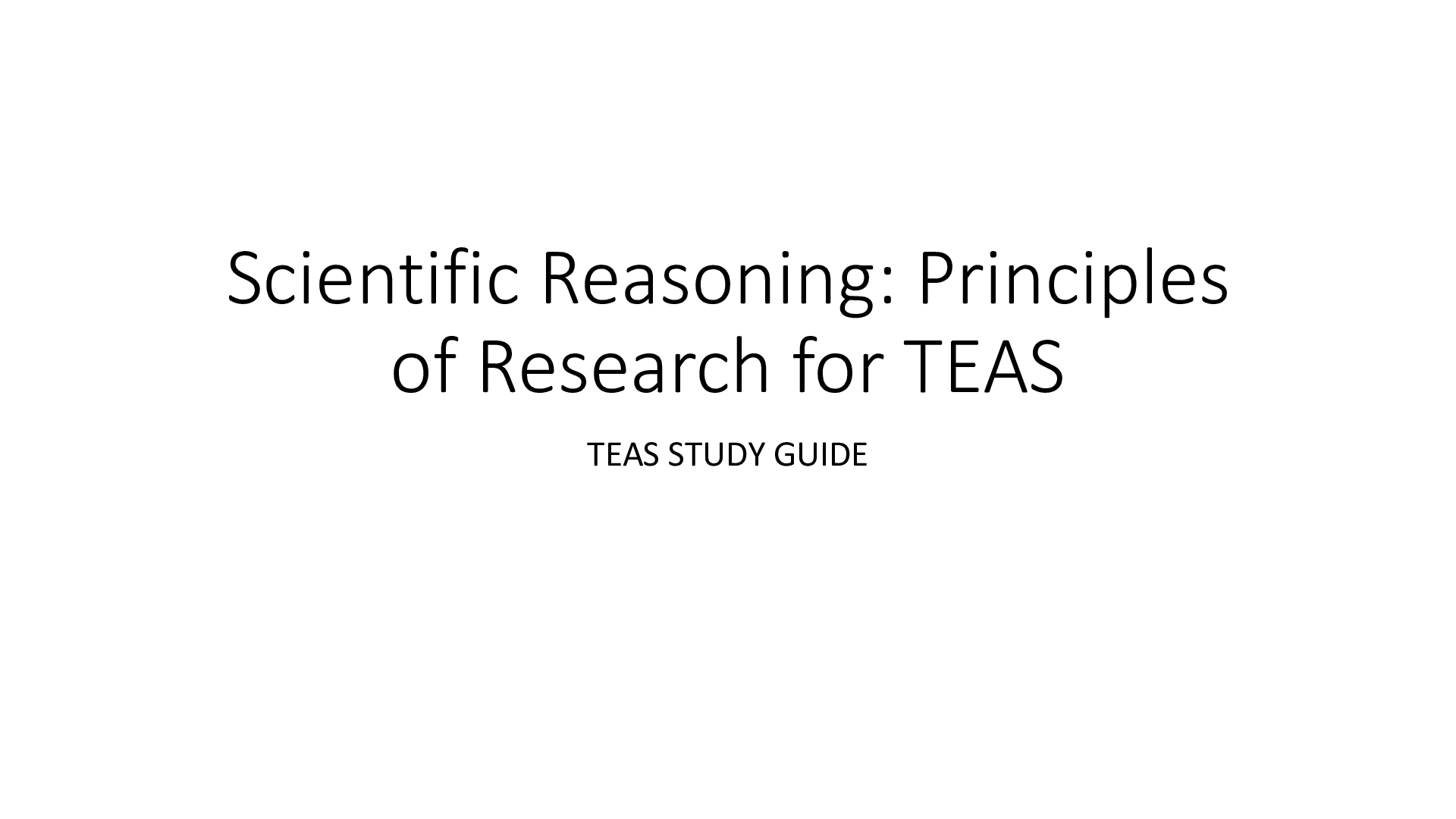
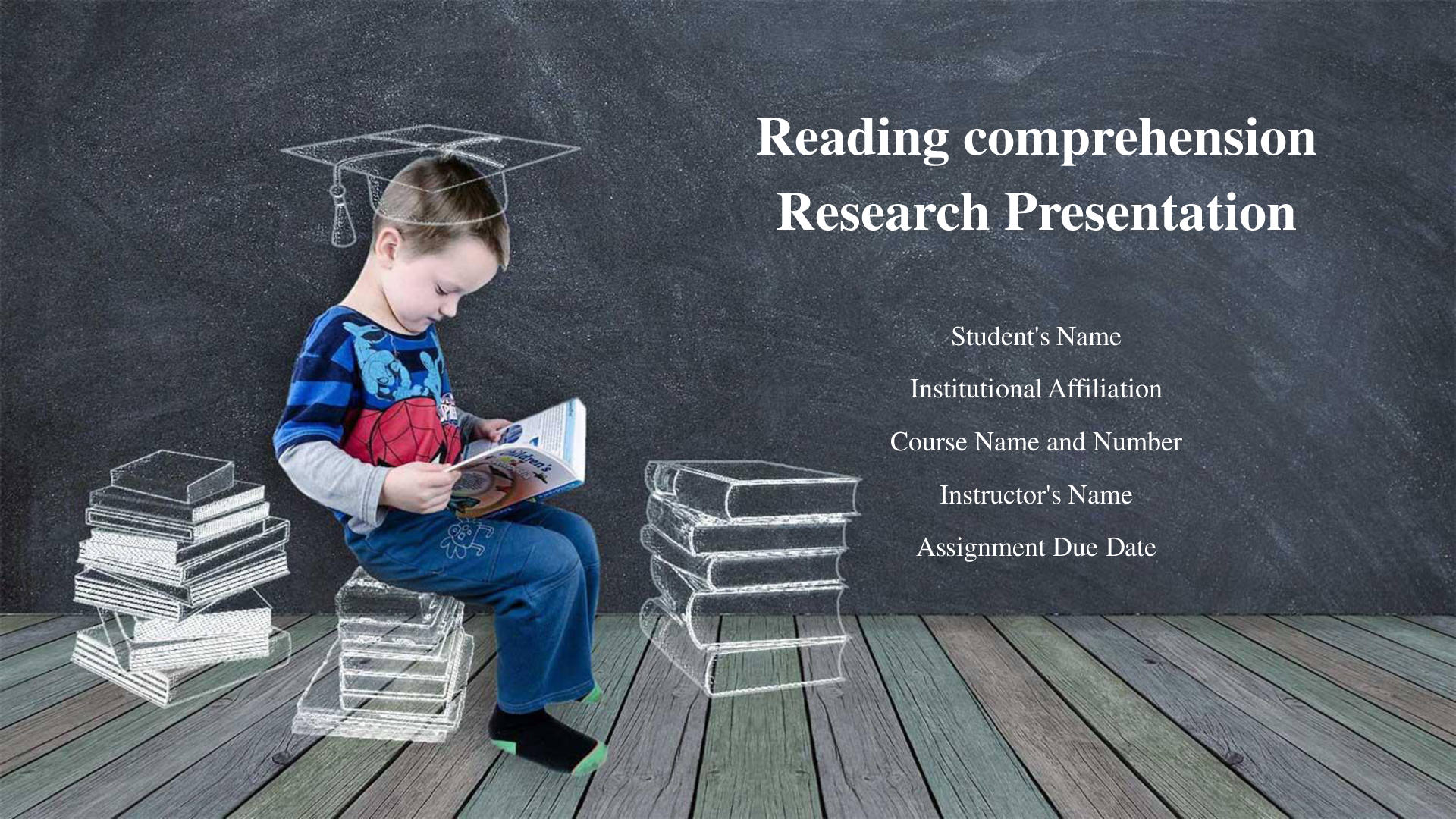


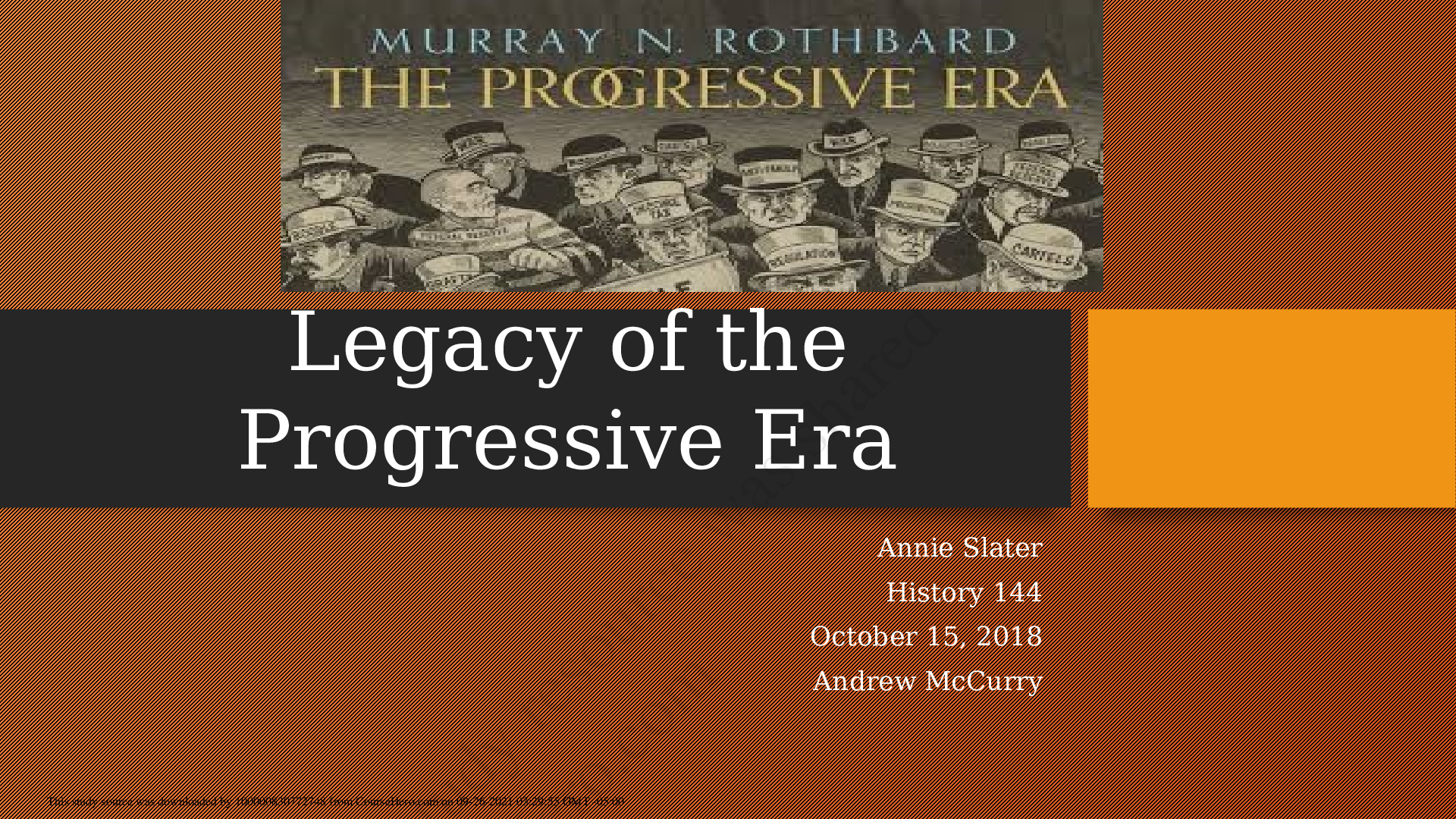
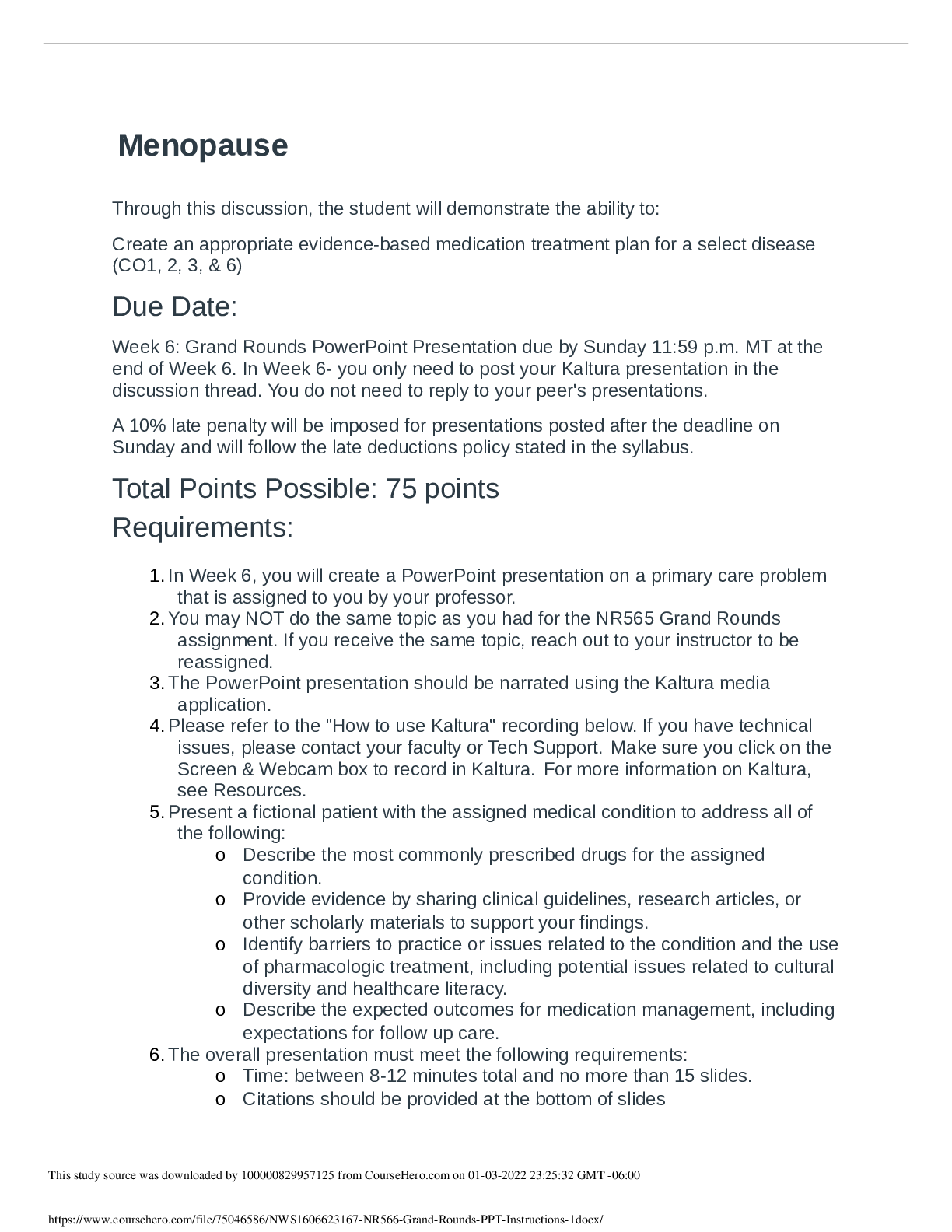
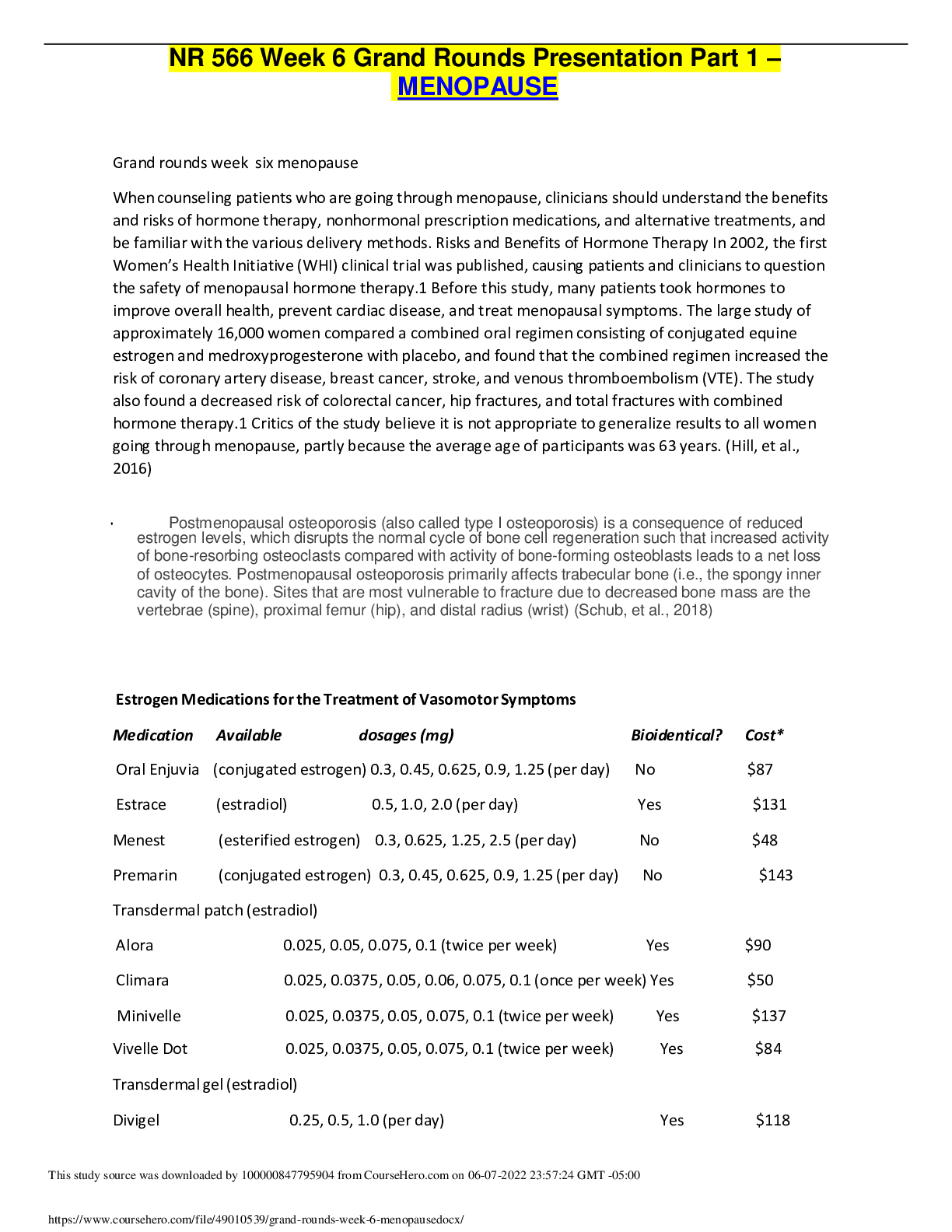
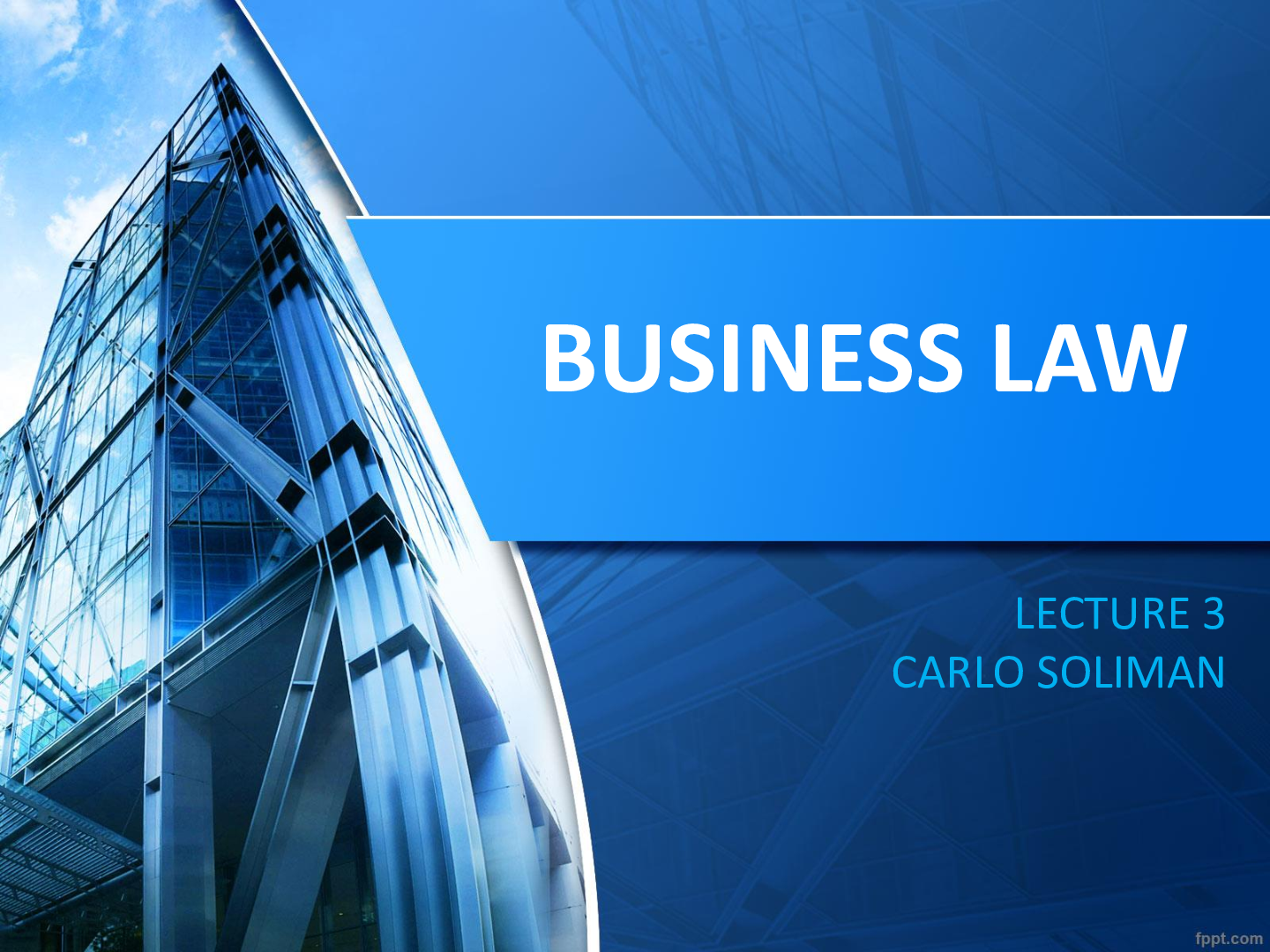

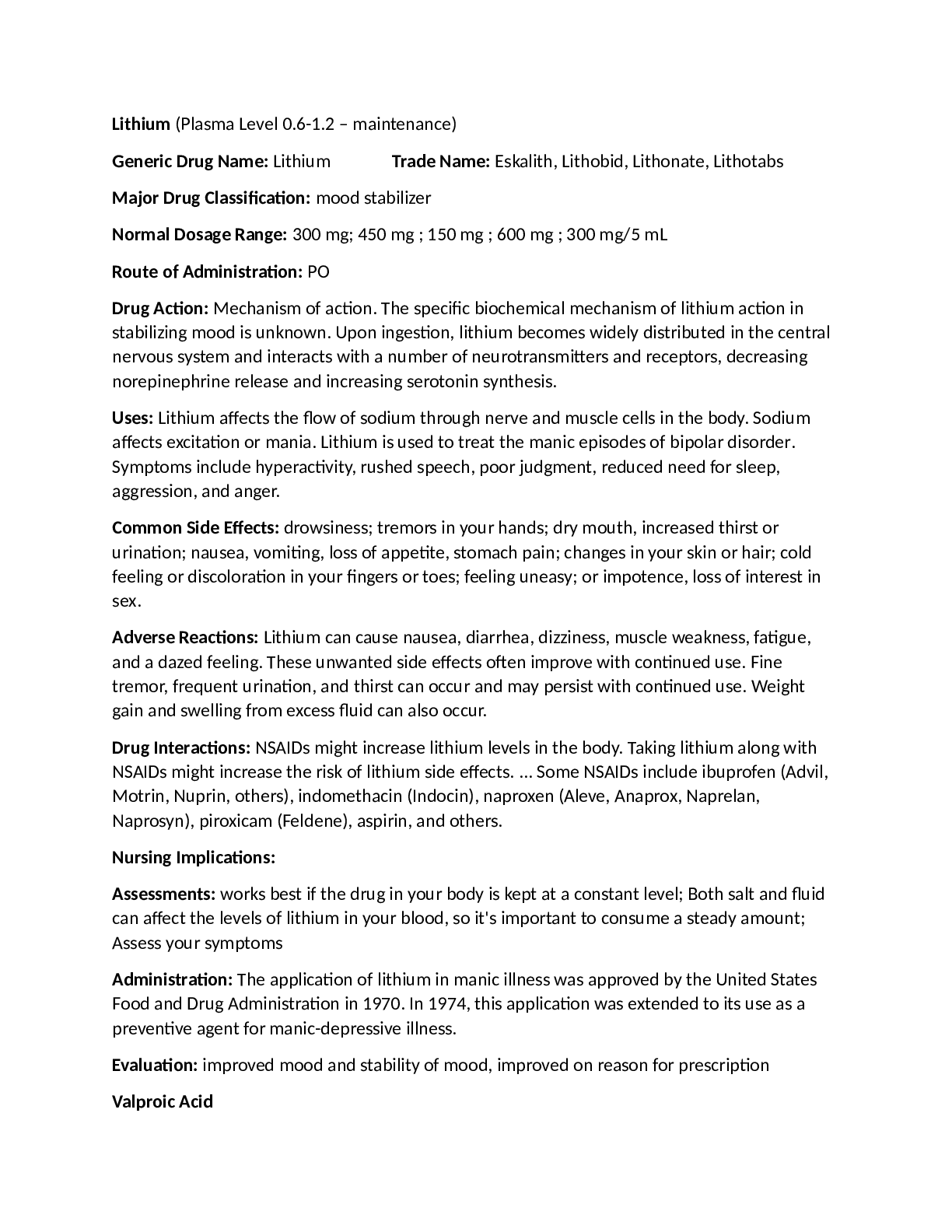
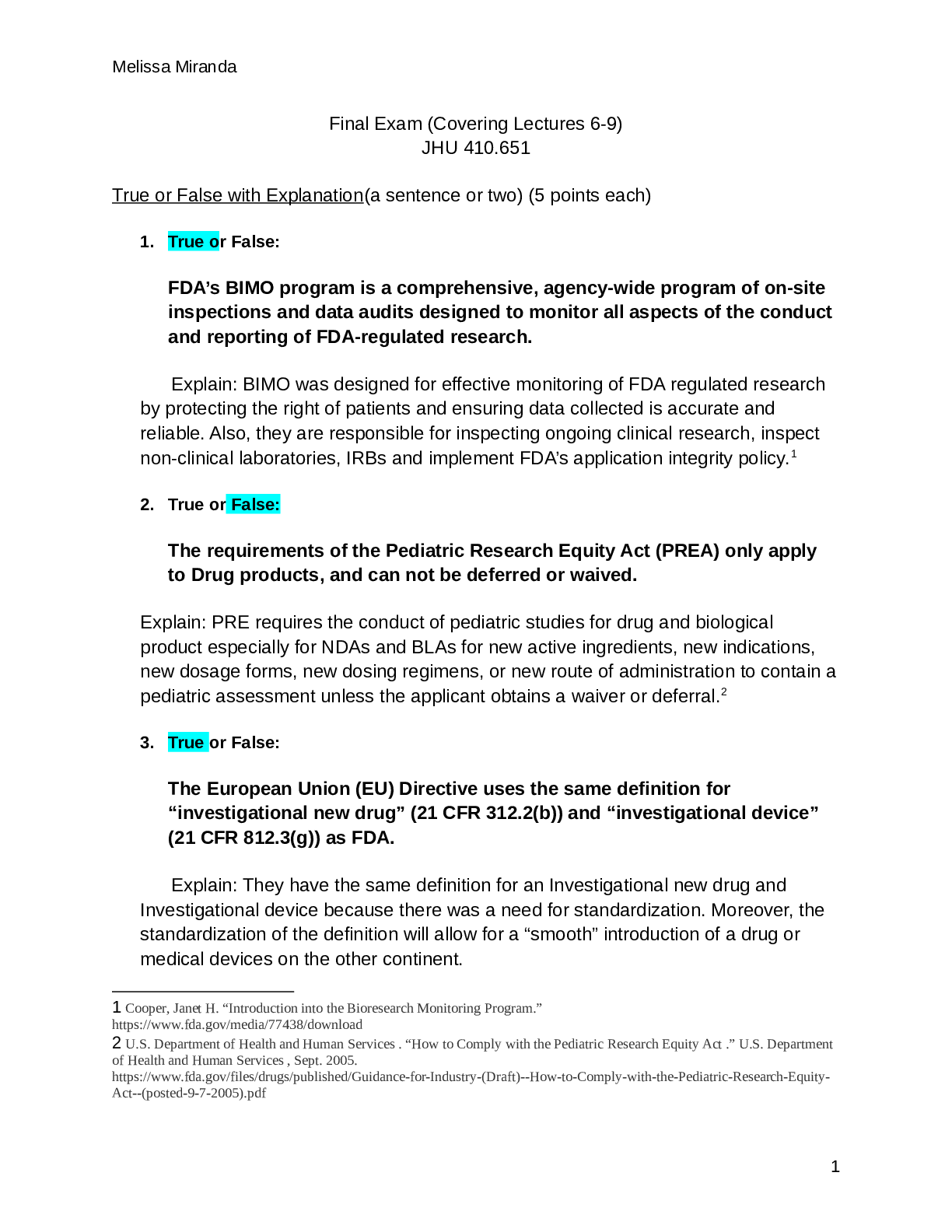
.png)
 (1).png)


